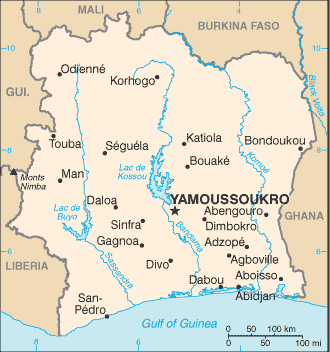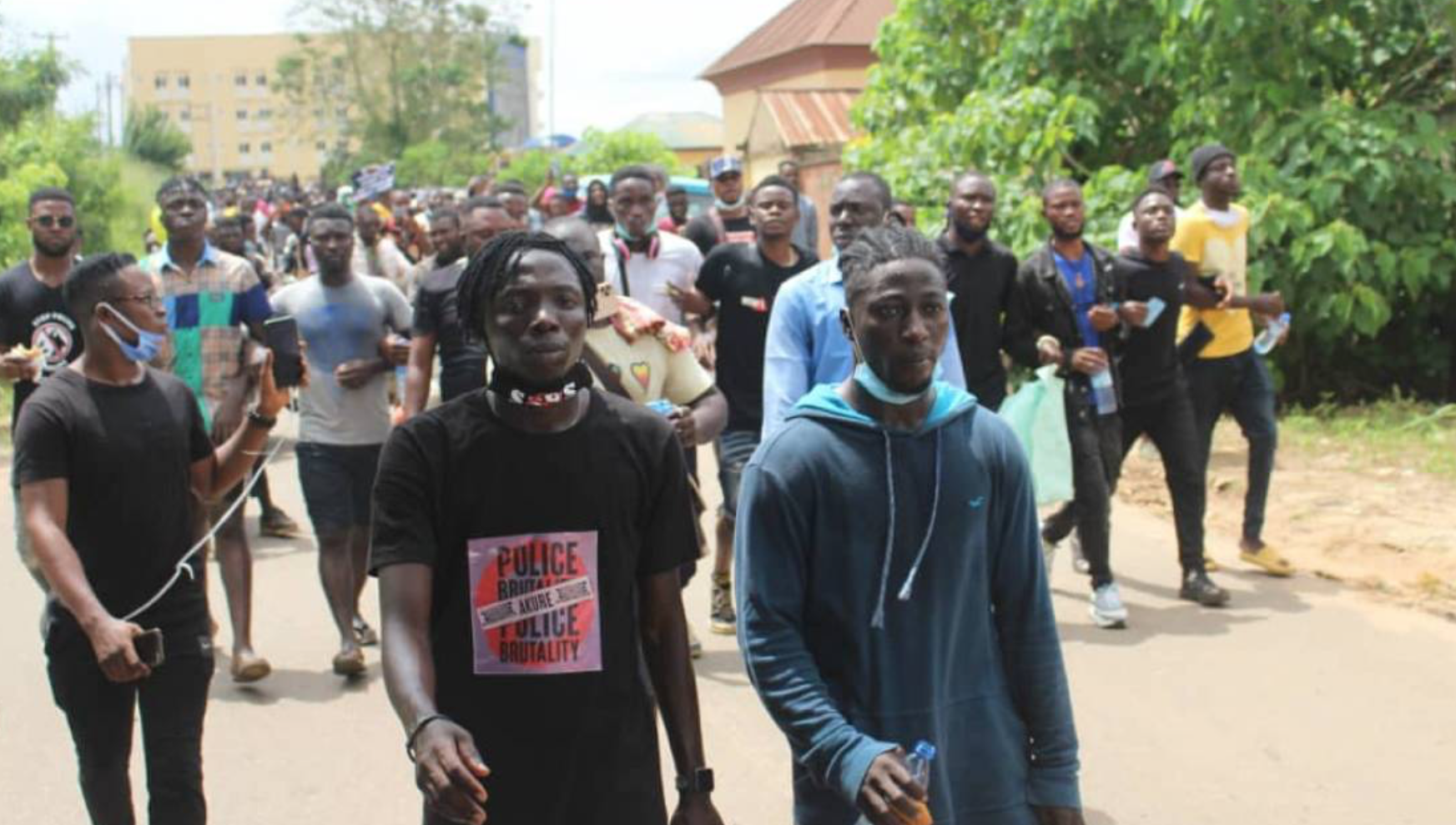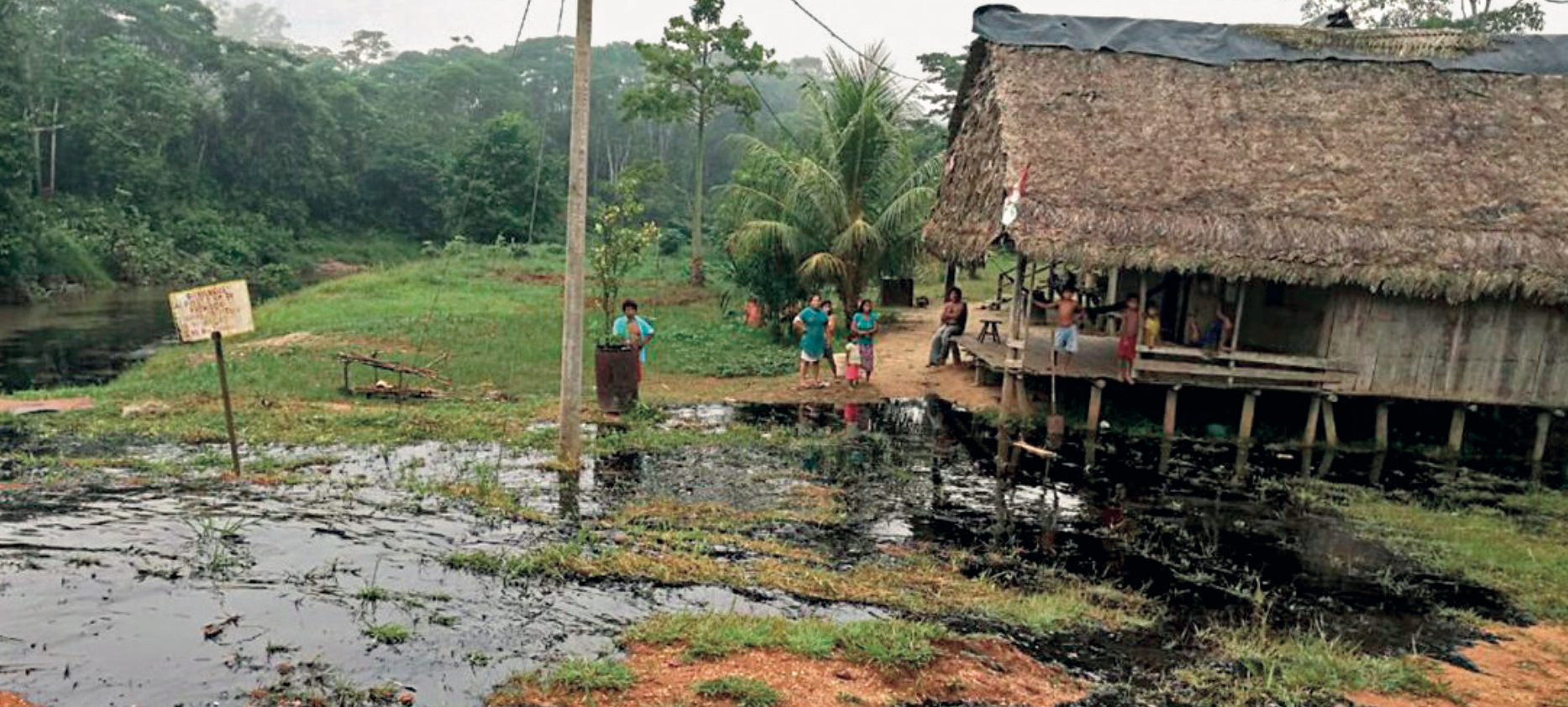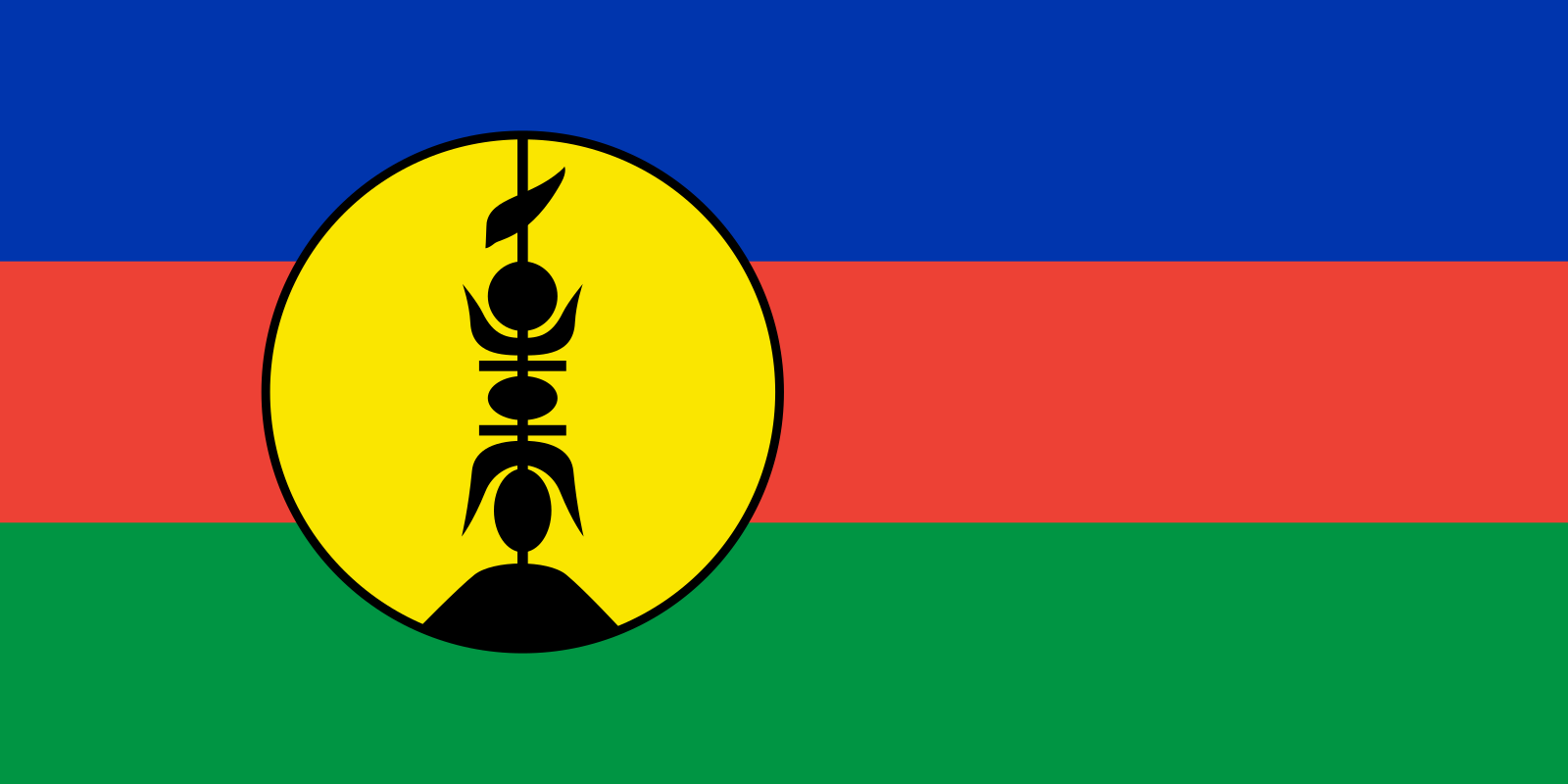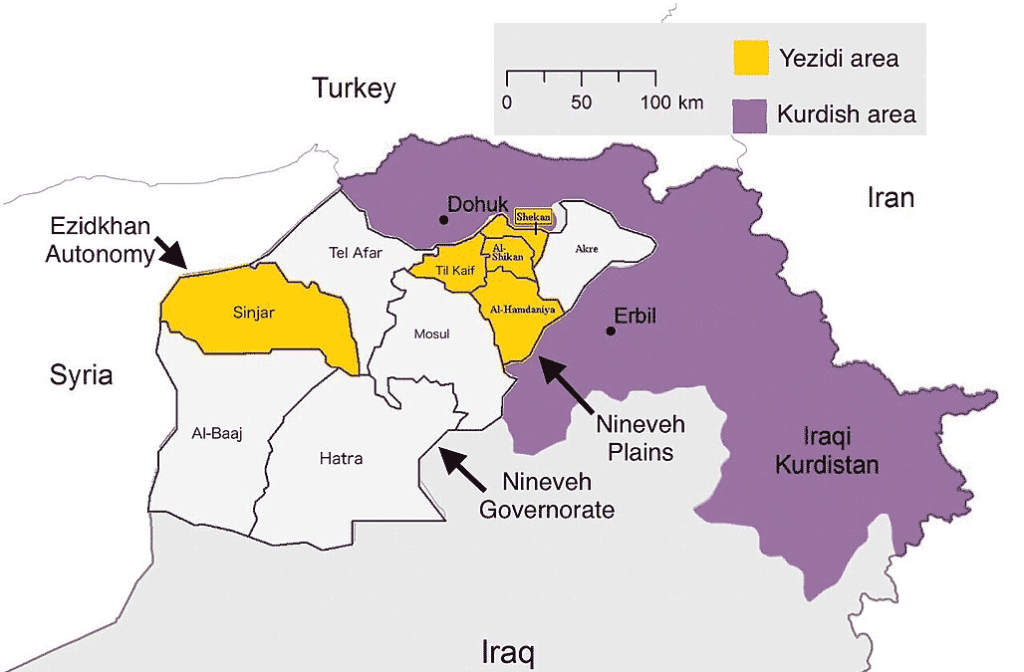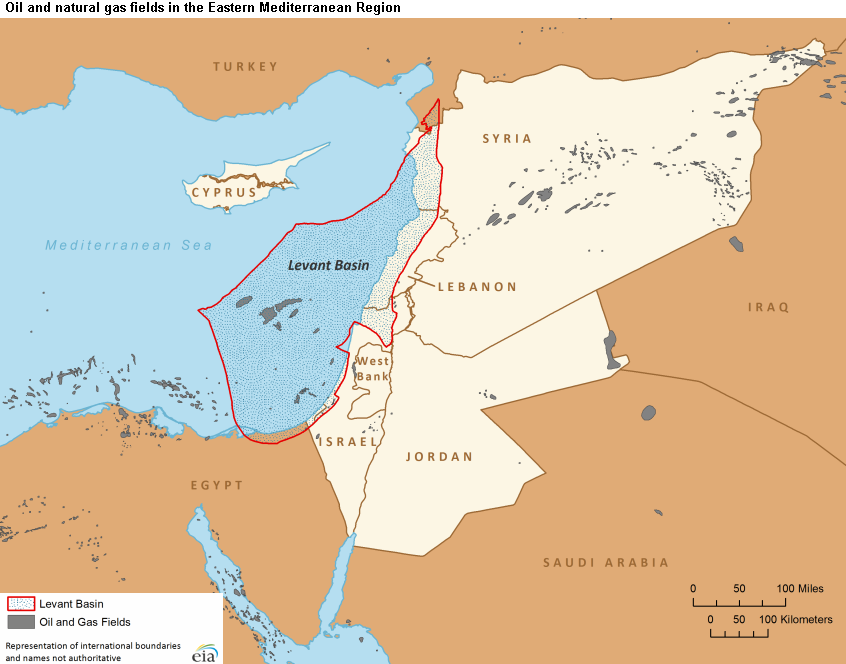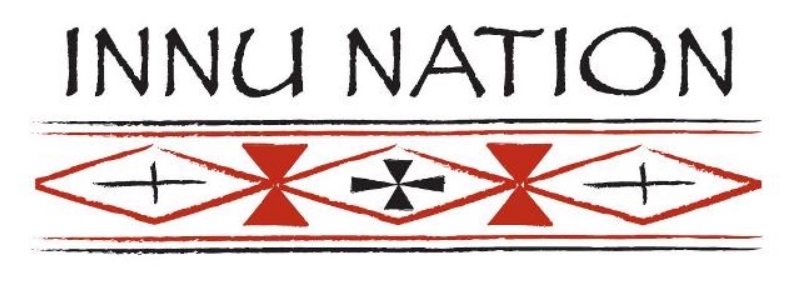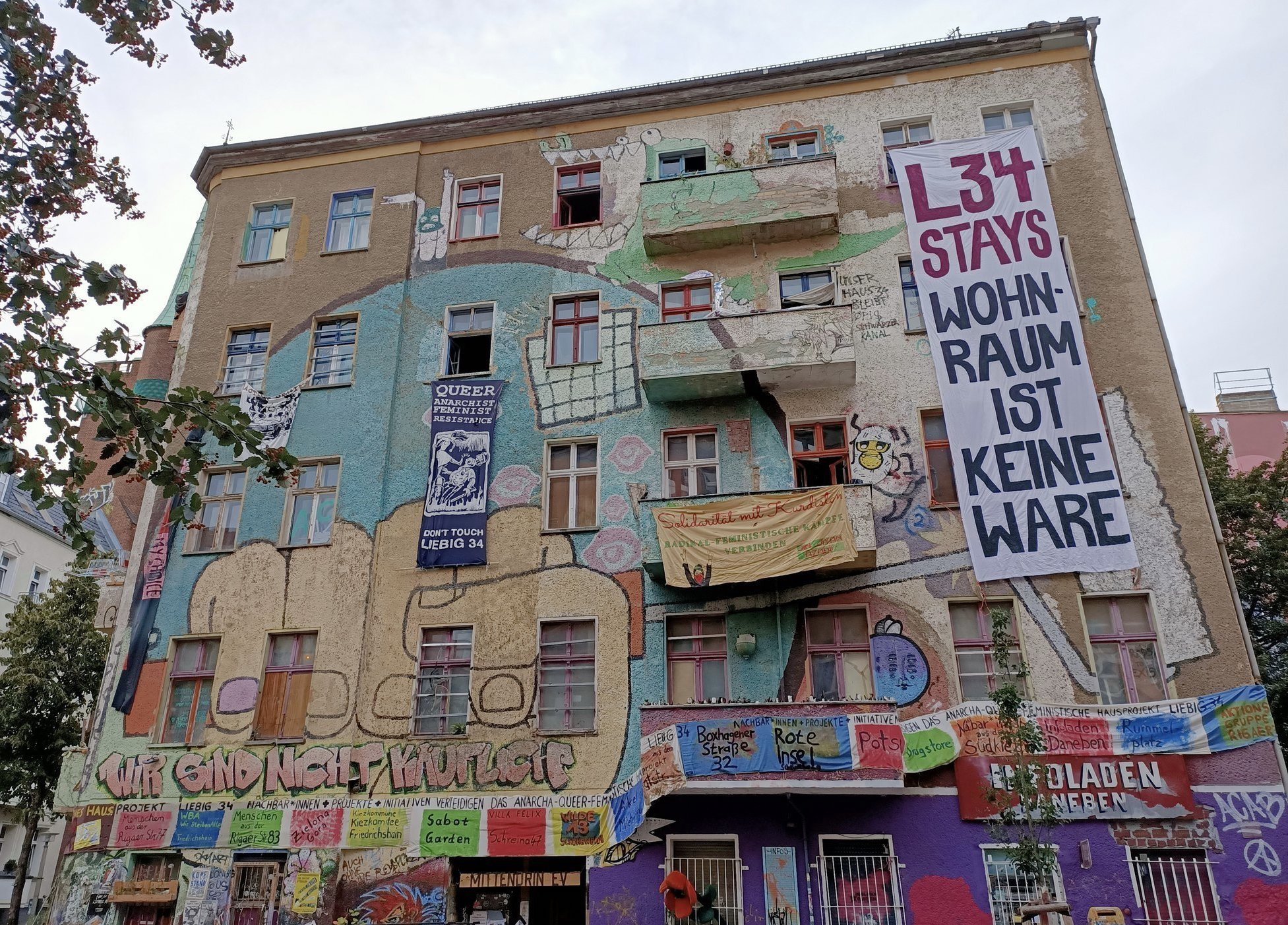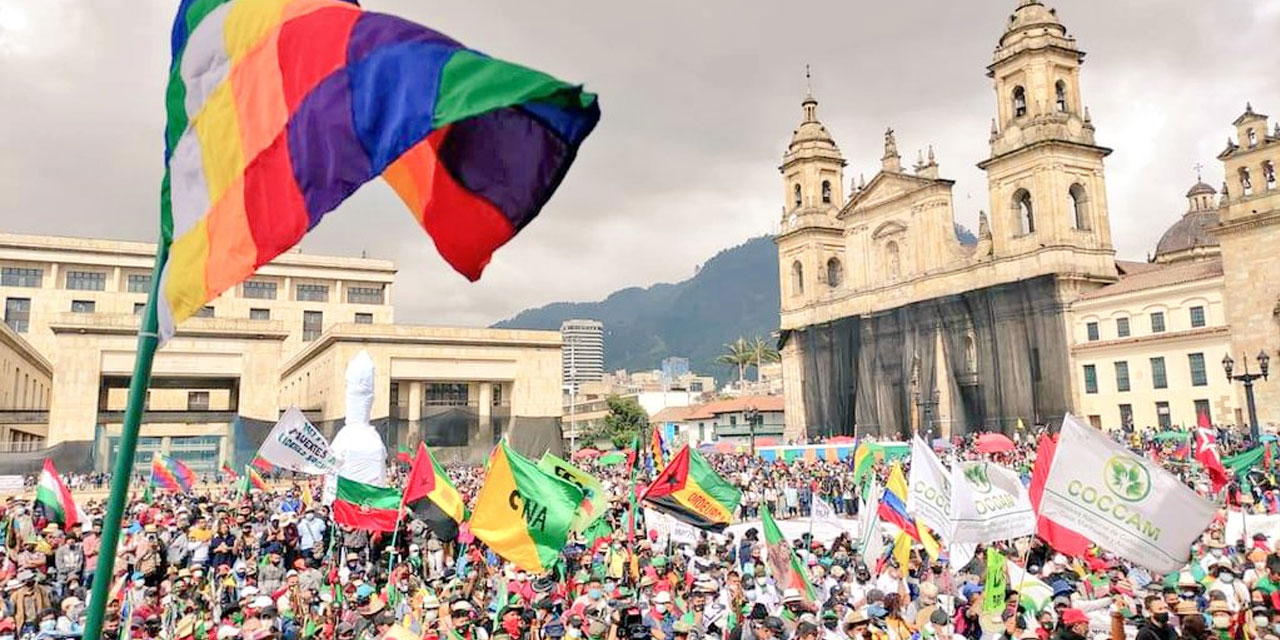
Colombia: indigenous ‘minga’ marches on Bogotá
Some 10,000 participated in a cross-country march and motorcade through Colombia’s southern Andes, dubbed the “Minga for Life, Territory, Democracy and Peace,” culminating in a mass demonstration in Bogotá. Called by Nasa and Guambiano indigenous leaders in the southern department of Cauca, the Minga (a traditional Andean word for “collective labor”) was joined by Afro-Colombian and mestizo campesino communities in its 10-day trek to the capital. Chief among the marchers’ grievances is the ongoing wave of assassinations of social leaders by illegal armed groups operating on indigenous lands. They charge that their communities have been betrayed by President Iván Duque’s failure to fully implement terms of the peace accords with the demobilized FARC guerillas. (Photo: Colombia Reports)





